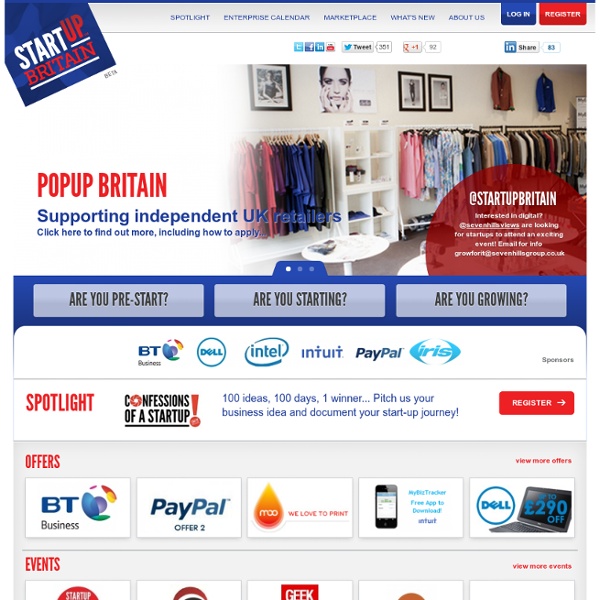



Collaborative Workspace | Meeting Rooms | Innovation | Idea Engineering | Shoreditch Bay Area K Group Guidance - incorporation and names (GP1) June 2013 - Version 5.1 as modified by the Companies Act 2006 PDF version of this page (814KB) Is this guidance for you? This guide will be relevant to you if: you want to incorporate a company you want to check which names are acceptable for a company Contents This guide answers many frequently asked questions and provides information on completing the most commonly used filings relating to this area. Introduction This guide sets out the main requirements for incorporating a company in the United Kingdom i.e. how to incorporate a limited company the type of company you wish to incorporate the company's officers choosing a company name including controls and restrictions disclosure of company name and other information Chapter 1 - Incorporating a new company 1. Incorporation is the process by which a new or existing business registers as a limited company. A business cannot operate as a limited company until it has been incorporated at Companies House under the Companies Act 2006. 2. 3. 4. 5.
Global Guardians | Vacant Property Management & Guardian Specialists Writing a business plan - How to write a business plan - Submit a business plan - Sequoia Capital Writing a Business Plan At Sequoia we like business plans that present a lot of information in as few words as possible. The following business plan format, within 15–20 slides, is all that’s needed... read We like business plans that present a lot of information in as few words as possible. The following business plan format, within 15–20 slides, is all that’s needed. Company purpose Define the company/business in a single declarative sentence. ProblemDescribe the pain of the customer (or the customer’s customer). SolutionDemonstrate your company’s value proposition to make the customer’s life better. Why now Set-up the historical evolution of your category. Market sizeIdentify/profile the customer you cater to. Competition List competitors List competitive advantages Product Product line-up (form factor, functionality, features, architecture, intellectual property). TeamFounders & Management Board of Directors/Board of Advisors See also Elements of Enduring Companies
Jelly -- Working together is more fun for everyone! Governance and Leadership Charities are generally governed by a trustee board that takes overall responsibility for its work. Governance is a term used to describe the trustees’ role in: the long term direction of the charity, including its objectives or purposes implementing policies and activities to achieve objectivescomplying with legal requirements accountability to those with an interest or 'stake' in the charity Good governance should happen throughout a charity. Our resources Our resources support and enable good governance and effective leadership in the voluntary sector. KnowHow Nonprofit KnowHow Nonprofit is our main advice and support website and the ‘go to’ place for social learning in the voluntary sector. View our governance resources on Knowhow Nonprofit. Studyzone video training courses StudyZone is the video training platform of the voluntary sector. How-to guides How-tos are practical, step-by-step guides written by our KnowHow community. Bespoke support on governance Trusted partners
About Us | Greycoat Lumleys Greycoat Lumleys started as Greycoat Placements back in 1996. We have been in business for almost 20 years, so we know a thing or two about good service. During this time our driving philosophy has always been one of professionalism, integrity and trust. Greycoat Lumleys is determined to deliver an unrivalled service to both Clients and Candidates, across our comprehensive and complementary staffing sectors: Private Households & EstatesChildcare & EducationCatering & HospitalityCorporate StaffingSki & Yacht We are a UK based company with an international reach, endeavouring to fill any job registered with us, in any number of far flung locations (subject to Visa restrictions). The Recruitment Consultants at Greycoat Lumleys are carefully chosen for their personal experience, motivation and ability in their field. Managing Director, Debbie Salter says, Greycoat Lumleys is part of the Empresaria Group plc